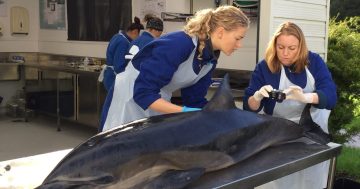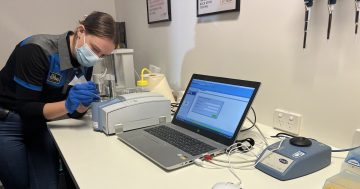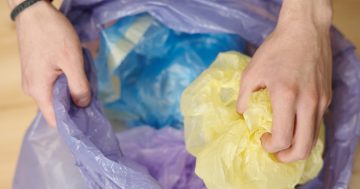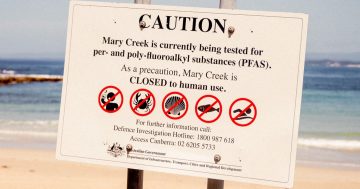 Researchers from the University of Queensland (UQ) are analysing packaging for compostable takeaway food to see if it has potentially polluting chemicals.
Researchers from the University of Queensland (UQ) are analysing packaging for compostable takeaway food to see if it has potentially polluting chemicals.
Sarit Kaserzon, from UQ’s Queensland Alliance for Environmental Health Sciences (QAEHS), said recent bans on single-use plastic food packaging had led to an increase in alternatives, which was a positive step.
“However, we have a limited understanding of the chemicals within these alternate products and how they may pollute recycling or composting streams,” Dr Kaserzon said.
“We want to understand how these chemicals may persevere when the packaging is composted or recycled, leading to potential human and environmental exposure,” he said.
“This knowledge is crucial as we divert waste from landfill and transition towards more sustainable practices.”
He said research had already found chemicals such as mineral oils, flame retardants and per- and polyfluoroalkyl substances (PFAS) in non-compostable paper containers.
Dr Kaserzon said some of the substances were linked to human health problems.
His QAEHS colleague Fisher Wang said the research findings would inform regulatory decisions to ensure the safe and sustainable use and disposal of compostable food packaging in Australia.
“Food packaging is essential for the preservation, protection, transportation, storage and marketing of food,” Dr Wang said.
“When we understand the chemicals in compostable food packaging and their potential to persist past their intended use, we can work out ways to ensure Australians and our environment are protected against exposure to harmful substances.”











